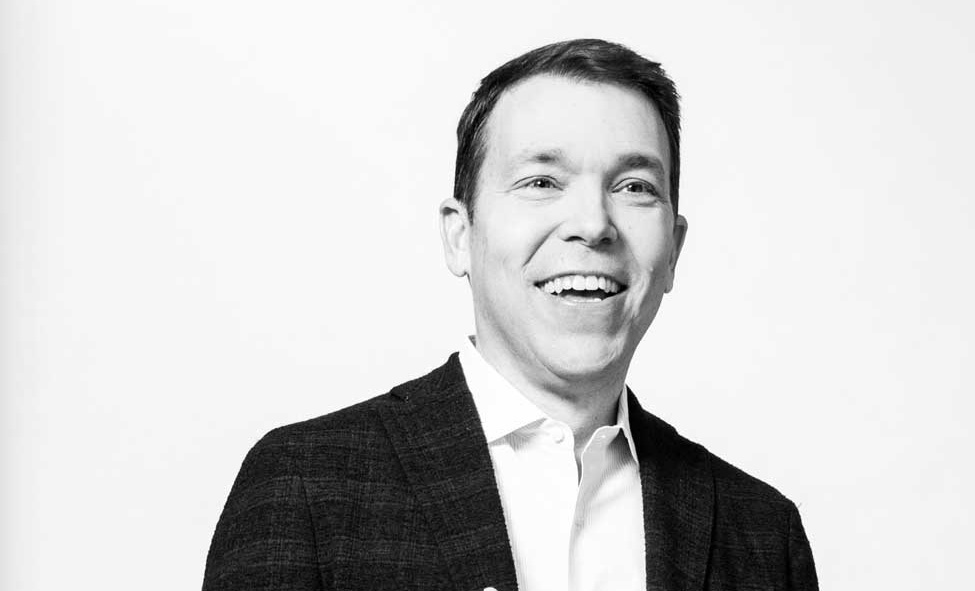
The best-selling author who walked the Holy Land talks about The First Love Story, married priests and the Bible’s ringing endorsement of sex
You write that we have lost the point of Adam and Eve: they were two people who loved each other through passion and pain. Should we all disobey God on our first dates to build an eternal relationship?
Adam and Eve are victims of the greatest character assassination the world has ever known. And when you go back to the story, you find the first commandment that God gives in the entire Bible is to Adam and Eve: Go forth and multiply. They are called by God to succeed. The story is not one of disobeying God. It’s about obeying the larger message, which is making the relationship work.
Why has Eve shouldered the blame when Adam was right there, taking a bite from the same fruit?
Because organized religion got ahold of the story — and by organized religion, I mean men. It has been weaponized essentially to keep down women. In the story, Eve is the first independent woman.
What did your reinvestigation of their creation reveal to you about gender?
Genesis introduces the idea of gender fluidity: God creates this ungendered human in God’s image. That suggests that the first creation has male and female inside them.
What about sex?
The entire point of the story is fulfilling God’s mission to be fruitful and multiply. The story needs them to succeed, and we need sex for that success to happen.
The Pope recently raised the possibility of allowing married men to serve as priests. What might they understand that celibate priests don’t?
Anybody who has struggled to make their own relationship work will be more empathetic to somebody who is struggling with an enormous pain point: how to tell a story with another person. Love is co-creation through co-narration. The “co-” is central to that.
Last year’s two most acclaimed films, Moonlight and La La Land, subverted the other love story central to Western society: the Hollywood romance. What should we reconsider about that tale?
That being in love is not a choice we make once; it’s a choice we make multiple times. In Adam and Eve, the first key moment is not when they meet. It’s when Eve eats the fruit and decides to go back to Adam, and Adam chooses companionship over duty — that’s the second choice. When they leave Eden, that’s the third choice. After their son Cain kills their son Abel, that’s the biggest choice: showing resilience to have another child and fulfill God’s mandate. What’s the most loving moment in Hamilton? After he’s cheated, after their son has been killed in a duel. In “It’s Quiet Uptown” — I’ve listened to that song maybe 500 times, and it wasn’t until I went back after this book that I heard the last lyric, “Forgiveness, can you imagine?” It’s an act of imagination, an act of commitment and ultimately an act of love to re-choose someone after a difficult time. That choice is much harder and more important than the first.
Religion today is often used as a barrier — against the threat of terrorism or as a reason to not provide someone a service. What do you make of that?
We all have to get over that thing our mom told us: “Don’t talk about politics and religion in public.” The majority of people have yearnings and big questions and want to believe, but also want to coexist with people with whom they disagree, with whom they may also be sharing a bed or a table or a child. Those of us who are open-minded have to claim the microphone.
Coding class or Bible study?
I have daughters who love math. It’s harder to tell them that there’s more wisdom in the ancient world than on the computer. So, Bible study.
More Must-Reads from TIME
- Donald Trump Is TIME's 2024 Person of the Year
- Why We Chose Trump as Person of the Year
- Is Intermittent Fasting Good or Bad for You?
- The 100 Must-Read Books of 2024
- The 20 Best Christmas TV Episodes
- Column: If Optimism Feels Ridiculous Now, Try Hope
- The Future of Climate Action Is Trade Policy
- Merle Bombardieri Is Helping People Make the Baby Decision
Contact us at letters@time.com